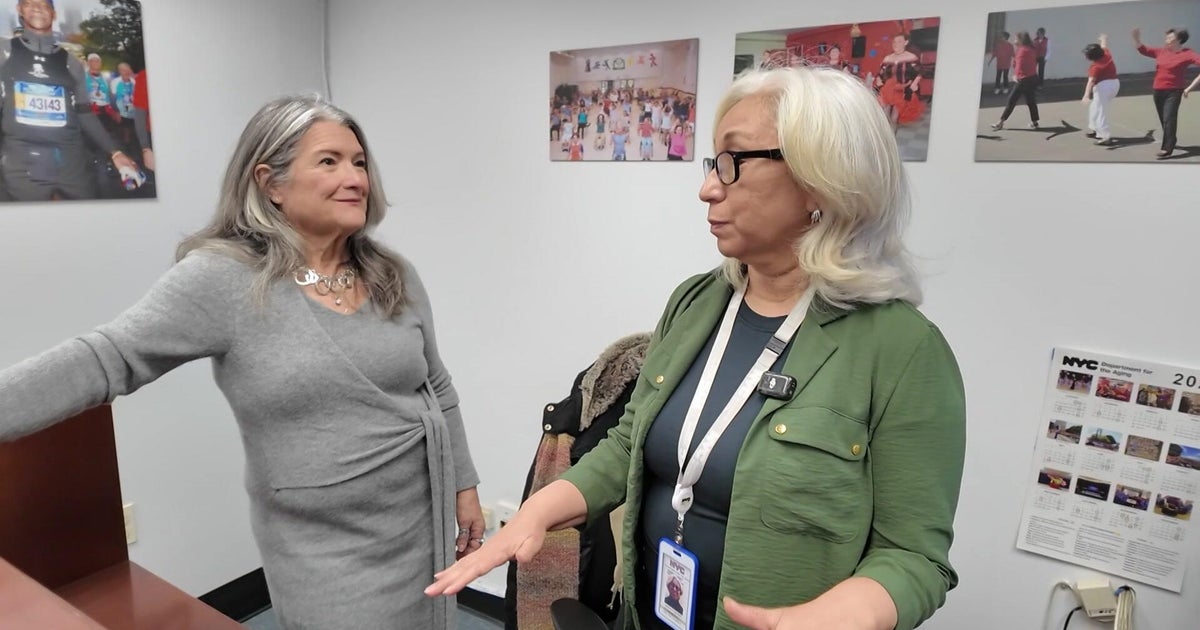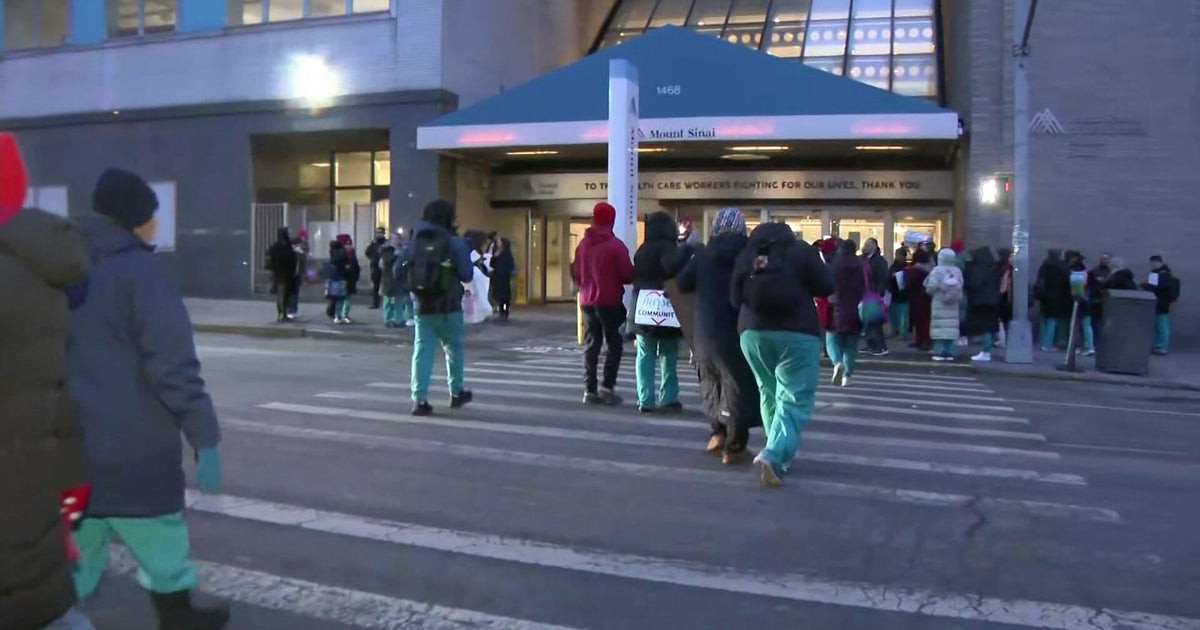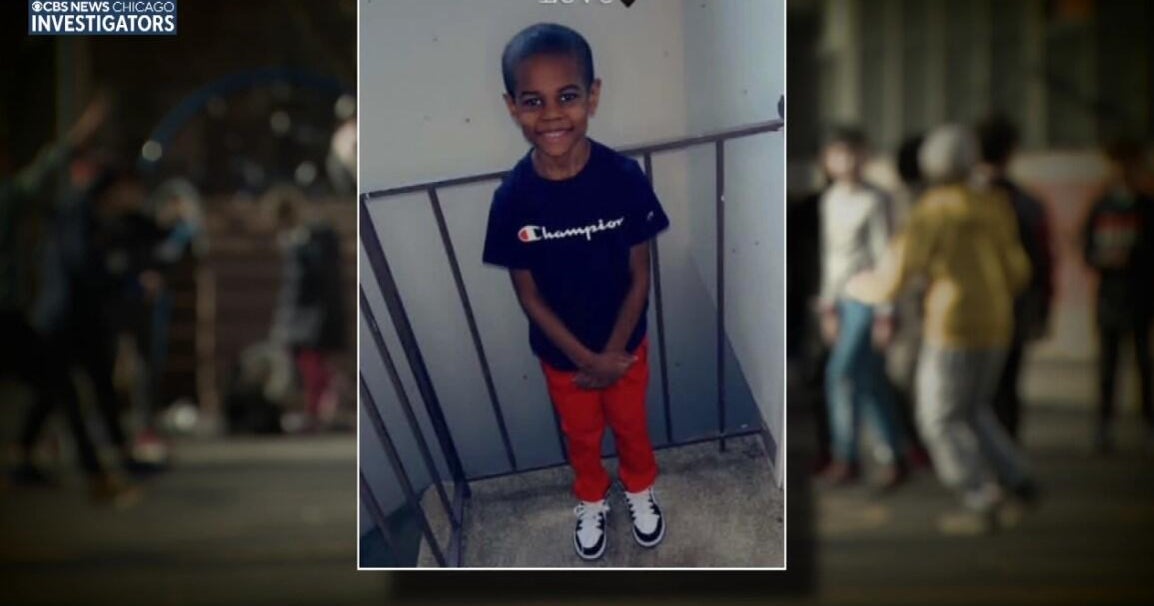Romney In NH: Obama 'Created Deeper Recession'
BARTLETT, N.H. (AP) - This time, Mitt Romney has a clear pitch: I'm the strongest Republican to challenge President Barack Obama on the country's single biggest issue -- the economy.
"He created a deeper recession, and delayed the recovery," Romney said Saturday, previewing his campaign message before Republicans in this influential early nominating state.
"The consequence is soaring numbers of Americans enduring unemployment, foreclosures and bankruptcies. This is the Obama Misery Index, and it is at a record high."
WBZ NewsRadio 1030's Kim Tunnicliffe reports.
Podcast
"It's going to take more than new rhetoric to put Americans back to work -- it's going to take a new president," said the former businessman and Massachusetts governor, essentially offering himself up as the best -- if not only -- solution.
But will GOP primary voters buy it?
Specifically, will this argument from the once-failed GOP presidential candidate be strong enough to convince conservatives who dominate the nominating contests that they should overlook their unease about him: his signing of a Massachusetts health care law similar to Obama's unpopular nationwide one, as well as his reversals on social issues and his Mormonism?
This is the central question of Romney's all-but-announced second White House bid.
An answer will come over the next year.
He's virtually certain to enter the race this spring, though campaign signs posted along the road leading to the New Hampshire hotel where he spoke this weekend may have gotten a bit ahead of him. They said "Mitt Romney for President" and suggested this theme: "True Strength for America's Future."
He and his aides insisted they were leftovers from 2008.
Never mind the other signs: Romney lapel pins in the shape of New Hampshire. They dotted the audience, and at least one adviser was overheard all but confirming to attendees that Romney was running again.
In his first campaign, Romney struggled to explain to Republicans why he would give the party the best chance to win the White House.
He never settled on a single campaign message. He embraced social issues even though financial ones were his forte. He picked big and small fights with opponents -- specifically front-runner John McCain. He floundered as he tried to convince voters that he was a hard-core conservative, even though he had governed a Democratic bastion as a moderate.
Today, Romney is a different candidate in a different time.
Back then, he was little known and fighting to be heard. Now, he weighs in on the national debate only when he has something to say. He's the closest thing to a front-runner in a GOP field that lacks one.
It's a blessing that he's universally known. It may be a curse because GOP opponents are likely to come after him hard.
In the last race, the top issues -- war and immigration -- didn't play to his strengths. Now, stubbornly high unemployment, slow economic growth and budget-busting deficits are voters' chief worries.
It's no doubt a much better fit for this successful businessman who co-founded a venture capital firm and helped rescue failing companies.
In the 2008 campaign, Romney stood out by relentlessly attacking McCain and other opponents. He struggled to outline what he stood for and how he would govern. Now, he's focused on assailing Obama on the economy as well as selling his own credentials and ideas for long-term prosperity. In doing so, he's drawing a more subtle contrast with his GOP challengers.
Compared with the feeling-his-way campaign of 2008, Romney's advisers say writing his book "No Apology: The Case for American Greatness" helped him focus on the topics he cares most about and crystalized his thinking about running for president.
But there's this political reality: Romney's best chance to win the nomination rests with economic issues, and the remnants of the recession give him the chance to emphasize his business credentials. He can't let the race again be defined by cultural topics or he risks losing because many conservatives still don't trust the sincerity of his conversions on gay rights, abortion and other issues.
His appearance Saturday night at the Carroll County Lincoln Day Dinner at a northern New Hampshire hotel both provided a template for his upcoming campaign and showed how Romney has evolved as a candidate.
Scripted to the point of coming off as stiff in his first run, Romney now is clearly more comfortable doing the retail politicking that primary voters demand. He worked the room with ease, shaking hands and chatting up well-wishers with an almost neighborly air.
His tie -- ever present in 2008 -- was gone. His hair -- always perfectly coifed -- flopped over his forehead.
And he didn't seem to care. With his wife, Ann, by his side, Romney took the stage and immediately deviated from his prepared remarks to share a few lighthearted stories about living part time in the state. He reminisced about his last campaign in New Hampshire. He noted that his wife was trying to push him to run.
"When we were driving in here, we saw these old Romney for president signs ... I don't know where they came from," Romney said. Then he joked that his wife may have pulled them from his garage.
Then he launched into what can only be described the central case for a candidacy.
"I like President Obama, but he doesn't have a clue how jobs are created," Romney said, noting that Obama has never run a business.
Romney reminded his audience that he spent much of his life in the private sector. "I know how jobs are created and how jobs are lost. I have helped guide more than one enterprise that was in crisis."
He said "turnarounds work when the leader focuses on what's most important." He then tried to make the case that Obama did just the opposite.
"He delegated the jobs crisis to (Democratic congressional leaders) Nancy Pelosi and Harry Reid and he went to work on his own liberal priorities," including a climate change plan and a health care overhaul. "The next president must focus on what's most important: getting Americans back to work."
Romney explained what he said he stood for: lower taxes for companies, a smaller bureaucracy, a ceiling on federal spending. He called for repealing the health overhaul that conservatives view as a symbol of costly government overreach.
The issue is an obvious political vulnerability for Romney; Obama's law was modeled in some ways after one that Romney signed in Massachusetts.
Romney addressed it head-on with an argument voters are likely to hear often.
"Our experiment wasn't perfect -- some things worked, some didn't, and some things I'd change," he said. But, he added, "One thing I would never do is to usurp the constitutional power of states with a one-size-fits-all federal takeover."
It's not his only hurdle.
Many conservatives, particularly in Iowa and South Carolina, still view his religion skeptically and don't trust him on social issues. That helps explain why his focus is heavily on New Hampshire -- where fiscal conservatives are the key electorate -- as he gears up for an economy-focused campaign.
With primary voting set for February 2012 if not earlier, Romney has less than a year to make his case -- now that he has one.
(Copyright 2011 by The Associated Press. All Rights Reserved.)







